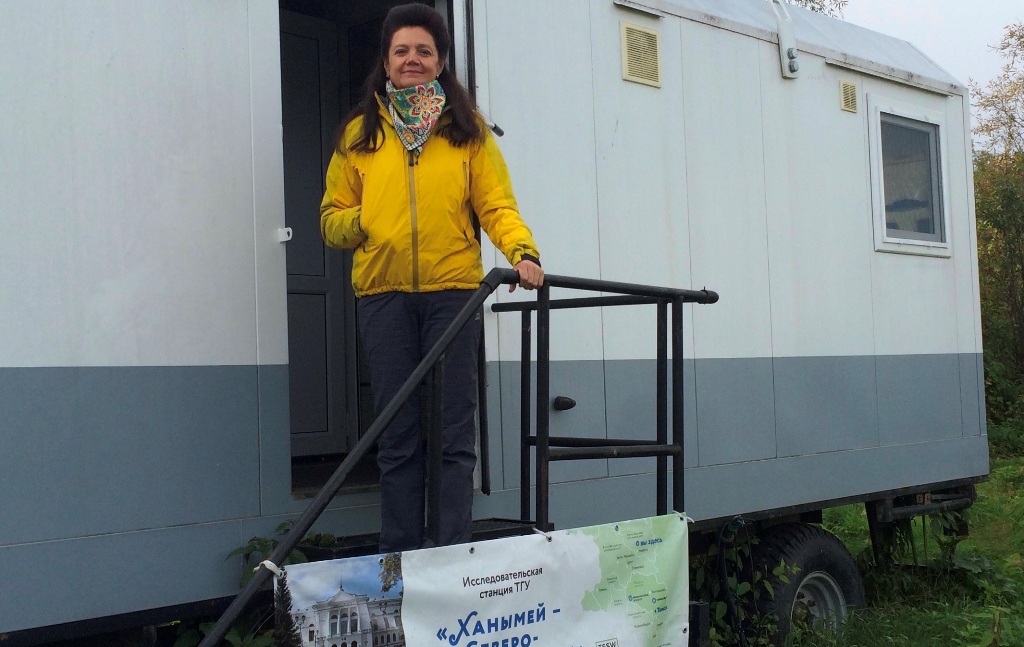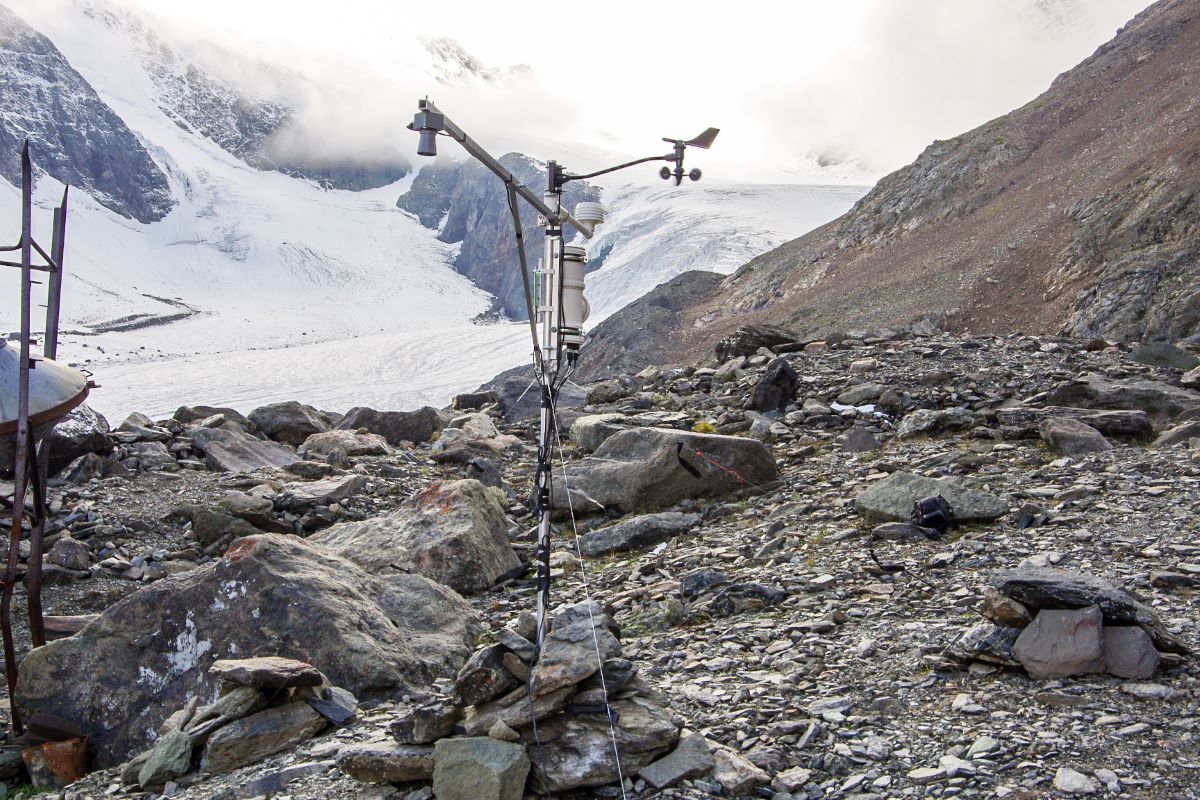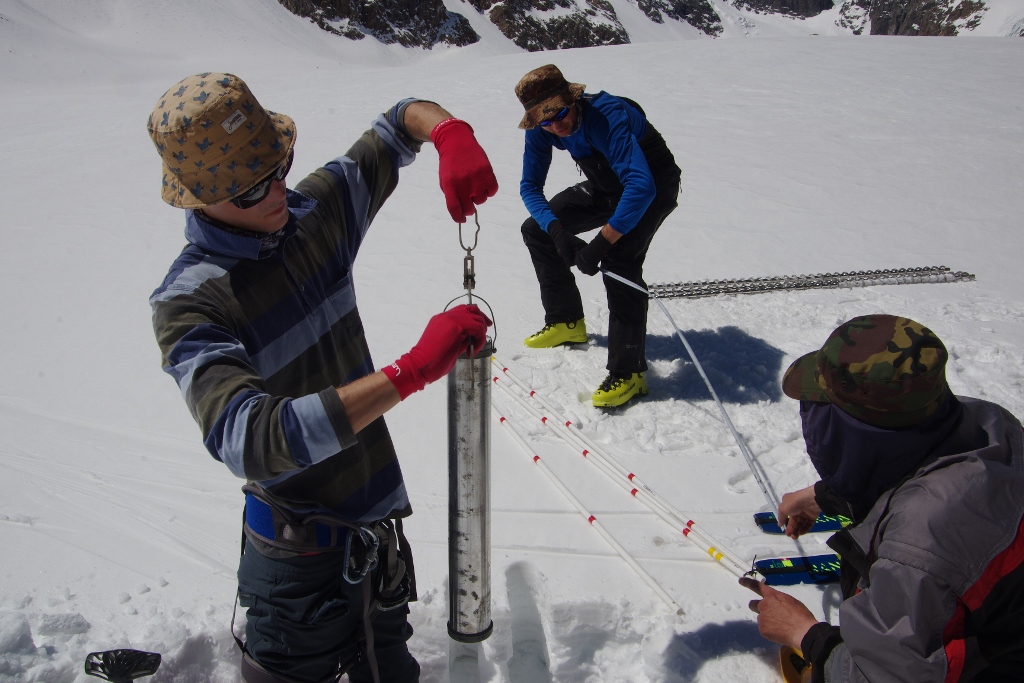Tomsk State University has won a 150 million ruble grant from the Ministry of Science and Higher Education of the Russian Federation. The funding is provided to equip the research infrastructure Megafacility (a network of research stations located from 3,500 kilometers from the south to the north) to study Siberia and the Arctic. This will enable scientists to gather more precise and detailed data on the thawing of icebergs and the amount of greenhouse gas emission and the transfer of it into the oceans worldwide.
Developing the research infrastructure will cement TSU leadership in Siberia and Arctic studies, and the results will help in planning effective development strategies for the Russian northern regions.
“Siberia and the Arctic are the areas of the most dynamic changes caused by global warming. Thawing of ice, greenhouse gas emissions, and other factors are able to drastically change the local way of living and social and economic situation of the region,” explains Lyudmila Borilo, executive director of the TSU center of excellence Siberian Institute of the Future. “To rise to the challenges that humanity faces, we have to gain new knowledge on the processes occurring on our territory. We will be able to obtain it with the help of the right research equipment.”

For example, TSU and SecNet partners plan to create a carbon test site in the floodplain of the Ob River. Here they will install eddy covariance systems for assessing greenhouse gas emission and absorption and determine the change in these and other parameters.
“This equipment will increase precision and let us gather more data,” explains Olga Shaduyko, coordinator of SecNet. “There are only two such facilities in Siberia, one of them in Krasnoyarsk, which monitors greenhouse emissions above forests, and the other monitors permafrost in Yakutia. The third installation in the floodplain of the Ob will be very significant – that way, all the important ecosystems (permafrost, forest, water bodies) will be monitored.”
The equipment will be located both on the research stations and on moving cars, ships, and unmanned aerial vehicles. One of them, an unmanned helicopter with lidar (laser scanner), will take images of land and ice surface and gather data on the scale and dynamics of ice thawing for glaciological research.
The equipment will be bought within three years. Along with state funding, the project will be cofinanced with TSU and partners interested in conducting research on TSU stations, which are already in demand from Russian and international scientists.
The Aktru, Kajbasovo, Khanymei stations participate in INTERACT II, a large-scale project on Arctic research. Scientists from Sweden, Norway, the UK, the US and other countries conduct research there under international access. Moreover, these stations are included in another European project on pan-Arctic monitoring – Arctic Passion. Out of 36 participants, only two are Russian.
“The scientists are interested in Siberia and the Arctic,” adds Lyudmila Borilo, “because of the changes that happen here and because of the room for discoveries this understudied land provides. It is important that TSU stations are accessible all year, while a lot of our colleagues’ stations work only during warm months, which significantly limits the research.”
With better infrastructure, TSU scientists will be able to conduct large-scale interdisciplinary projects and obtain new data on climate transformation and the effect of these changes on nature systems and people. In addition, the TSU network of research stations will attract even more Russian and international projects, which will increase TSU’s international recognition and benefit the university financially.
TSU was able to win the funding due to the previous achievements. The concept and the research method of Megafacility were proposed by Sergey Kirpotin, TSU lead scientist. Under the guidance of Oleg Pokrovsky, TSU scientist and lead researcher of the Observatory Midi-Pyrénées, a large-scale study of biological, geological, and chemical cycles of Siberian and Arctic lakes and bogs was implemented and won a megagrant of the Russian Government. Terry Callaghan, professor at TSU and University of Sheffield, one of the world’s most recognized scientists in the field of Arctic ecology, initiated the creation of the SecNet international network for Siberia and the Arctic studies led by TSU. Currently, it unites dozens of Russian and international research centers specializing in the northern territories.

